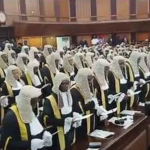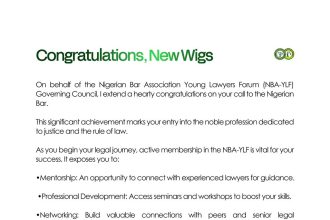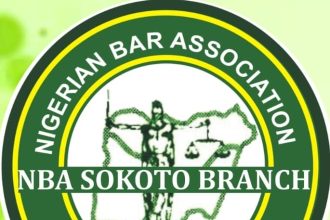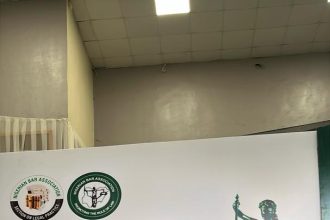AML/CFT: Professor Ernest Ojukwu, SAN, is a distinguished legal scholar, educator, and Senior Advocate of Nigeria with decades of experience in legal practice and professional development.
As the Co-Chairman of the Nigerian Bar Association Anti-Money Laundering Committee (NBA-AMLC), he plays a pivotal role in shaping and enforcing policies to combat money laundering and terrorism financing within the legal profession.
Under his leadership, the NBA-AMLC has spearheaded the implementation of Chapter 2 of the Rules of Professional Conduct for Legal Practitioners, 2023 (RPC), a transformative framework designed to safeguard the legal profession against financial crimes.

Key Provisions of Chapter 2 RPC
Chapter 2 of the RPC establishes comprehensive guidelines and obligations for legal practitioners to align with global Anti-Money Laundering (AML) and Combating the Financing of Terrorism (CFT) standards. These rules aim to prevent the misuse of legal services for illegal financial activities while preserving ethical principles central to legal practice.
AML/CFT: Objectives of Chapter 2
The primary objectives of Chapter 2 are to:
- Ensure Compliance with Global Standards: Align Nigerian legal practices with international frameworks, including the Financial Action Task Force (FATF) recommendations.
- Promote a Risk-Based Approach: Encourage lawyers to assess and mitigate risks associated with client transactions and relationships.
- Protect Professional Integrity: Prevent legal practitioners from being complicit in financial crimes.
- Balance Confidentiality with Transparency: Provide a framework that respects client privilege while fulfilling AML/CFT reporting obligations.
Obligations for Legal Practitioners
- Client Due Diligence (CDD):
Legal practitioners must verify clients’ identities, maintain detailed records, and document the purpose of legal transactions. - Enhanced Due Diligence (EDD):
Additional scrutiny is required for high-risk clients, such as politically exposed persons (PEPs) or those from high-risk jurisdictions. - Record-Keeping and Reporting:
Lawyers must retain records for at least five years and report suspicious transactions to the NBA-AMLC or relevant authorities. - Compliance with Sanction Lists:
Practitioners are required to screen clients against Nigerian and international sanctions lists and report any matches.
Role of the NBA-AMLC
As the supervisory body, the NBA-AMLC, co-chaired by Prof. Ojukwu, ensures the effective enforcement of Chapter 2 through:
- Compliance Examinations: Conducting risk-based assessments and inspections of law firms.
- Reviewing Reports: Assessing suspicious transaction reports (STRs) and liaising with the Nigerian Financial Intelligence Unit (NFIU).
- Training and Guidance: Organizing workshops and providing compliance templates for legal practitioners.
AML/CFT: Challenges and Recommendations
Challenges
- Lack of awareness and understanding of AML/CFT obligations.
- Resource constraints are faced by smaller law firms.
- Balancing confidentiality with reporting requirements.
Recommendations
- Regular training programs to enhance awareness of AML/CFT compliance.
- Providing financial and technical support for smaller practices.
- Issuing clear guidelines to navigate reporting while maintaining client confidentiality.
Conclusion
Under the stewardship of leaders like Professor Ernest Ojukwu, SAN, the legal profession in Nigeria is better equipped to tackle money laundering and terrorism financing. Chapter 2 of the RPC not only protects the integrity of legal practice but also aligns Nigerian lawyers with global standards, ensuring their credibility on the international stage.
For enquiries, Professor Ojukwu can be reached at ernestojukwu@ofy-lawyers.com.










